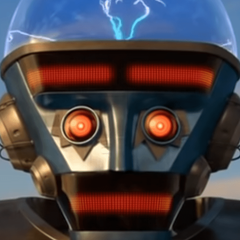Got Some New Seagate Exos Drives, Not Sure About Them...
-
Featured Topics
-
Topics
-
0
-
0
-
SuperFlower ·
Posted in Displays1 -
Prehistoric ·
Posted in CPUs, Motherboards, and Memory2 -
Phenz ·
Posted in CPUs, Motherboards, and Memory1 -
1
-
sunze ·
Posted in Troubleshooting1 -
LiterallyDiego ·
Posted in Phones and Tablets0 -
ShadeBorderlands ·
Posted in Programs, Apps and Websites2 -
1
-
-
play_circle_filled

Latest From ShortCircuit:
I tried 20 influencer foods, here are the best… and the worst…














Create an account or sign in to comment
You need to be a member in order to leave a comment
Create an account
Sign up for a new account in our community. It's easy!
Register a new accountSign in
Already have an account? Sign in here.
Sign In Now